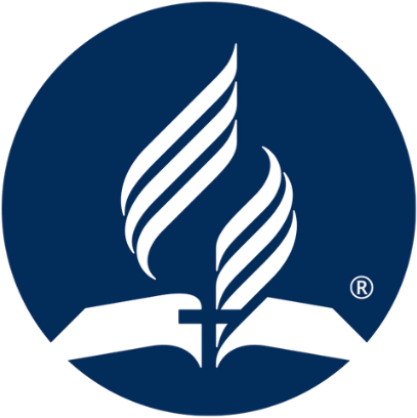
A Brief History of Delta Conference
The Adventist message first reached Delta State in 1948, approximately 77 years ago. This message was brought through the dedicated efforts of literature evangelists, led by Evangelist Onumegbu from Eastern Nigeria.
Before its current status, the region operated under several administrative structures: it was initially part of the Western Nigeria Mission, later the Bendel Mission, and eventually the Edo-Delta Conference, spanning from 1948 until 2012. In 2012, the Edo-Delta Conference was reorganized into two distinct administrative units—Edo Conference and Delta Conference.
The Beginning
Delta Conference was officially inaugurated as a full-fledged conference on December 1, 2012, following a historic constituency session held from November 29 to December 1, 2012, at DSC Church, Udu, Delta State. The conference began operating officially in January 2013. This year, Delta Conference marks its 13th anniversary as an independent entity.
The conference started modestly in a three-bedroom apartment graciously provided by the late Elder and Mrs. F. N. Nwangangan. Today, by God’s grace, it has grown to occupy a three-storey building that houses both the conference offices and residential quarters for two of the three officers. Despite numerous challenges, the Lord, who neither sleeps nor slumbers, has remained ever faithful. To God be the glory!
Conference Diversity
Delta Conference spans across 25 Local Government Areas (LGAs) in Delta State. Based on the 2006 estimate, the population of the state is approximately 6,710,214.
As of April 2025, the Conference has an active presence in 24 out of the 25 LGAs. The total number of congregations currently stands at 97, comprising:
34 organized churches, and
63 companies and Sabbath School branches.
The conference’s total membership as at April 2025, stands at 7,150
Demographic Overview of Delta State
Delta State is a richly diverse, multi-ethnic region made up of seven major ethnic groups. Each group occupies distinct geographical and cultural zones within the state:
Anioma People
The Anioma ethnic group predominantly occupies the northeastern part of Delta State. They are found in Oshimili South and North, Aniocha South and North Local Government Areas (LGAs).
Izon (Ijaw) People
The Izons reside mainly in the riverine and coastal areas of the state. Their communities are primarily located in Burutu, Bomadi, and Patani LGAs, as well as parts of Warri South and Warri North.
Isoko People
The Isokos are located in the southern belt of the state, particularly in Isoko North and Isoko South, and parts of Ndokwa East LGA.
Itsekiri People
Like the Izons, the Itsekiris are a riverine people who dwell along the Atlantic coast. Their presence spans parts of Warri South, Warri North, and Warri West LGAs.
Ukwuani People
The Ukwuanis are spread across Ndokwa West, Ndokwa East, and Ukwuani LGAs.
Urhobo People
The Urhobos are the largest ethnic group in Delta State, primarily located in the central senatorial district. They occupy Ethiope East, Ethiope West, Okpe, Uvwie, Sapele, Udu, Ughelli North and South, and parts of Warri South.
Ika People
The Ika people are found in Ika North-East and Ika South LGAs. In terms of language and culture, they share close similarities with the Anioma.


